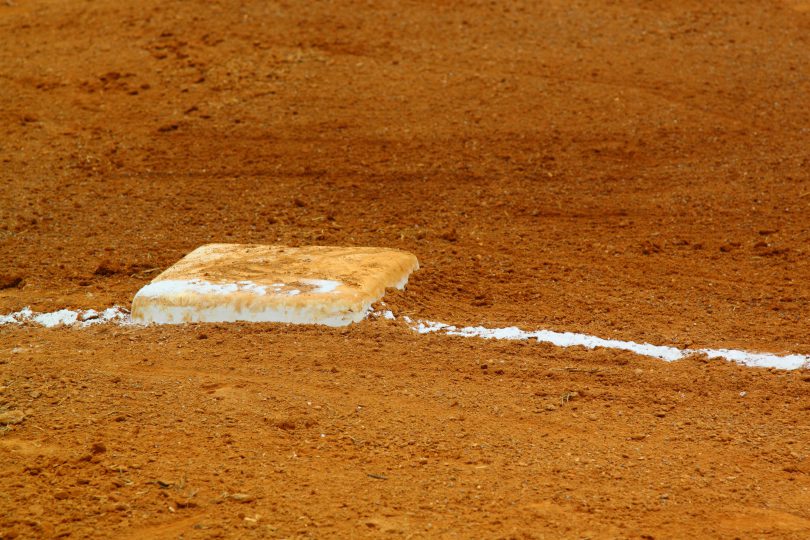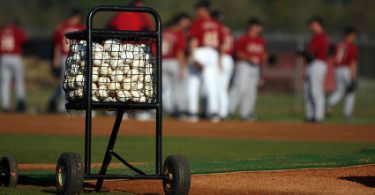In Part 1 of this 4-part series on community college (JUCO) baseball, KPB discussed some of the myths commonly associated with playing baseball at a community college. You may remember Myth #2, which said: “You will make the team and play a lot right away if you go to a community college.” This article is meant to serve as a reminder that there are many different levels of play covered in community college baseball and you shouldn’t underestimate or take for granted the quality of the players that might be on the field at your local community college. While it is possible that the coach takes nearly everyone who comes out, there are other community colleges that boast as many or more former players in the major leagues as top D1 programs. There are many reasons why players end up at JUCO ball and you need to put in the work to pick the right school and find the right fit no matter what level you choose. This means doing research on community colleges just like you do with 4-year schools. If there is not as much program information updated online, you will have to be resourceful in finding out as much as you can about the program, coaches, and level of play. We discuss why individualized research is so important in this podcast episode.
Like all divisions of college baseball, the talent pool in junior/community college can be a mixed bag, with players and teams at all levels. Some community colleges, especially in warmer weather climates that allow year-round play like Florida, California, and Texas, consistently have players who are drafted each year. Chipola College in Florida, for example, has 7 current Major League players and has had over 160 players drafted from their program and there are plenty of JUCO programs with similar resumes. The lesson in these numbers? Don’t make assumptions and do your homework. If you are looking at some of these programs, you need to take a look at the level of play, especially at your position, and make sure that you have the skill set that you need to be competitive for a roster spot. Understand that these programs are highly competitive and can be very cut-throat. At the top levels of community college, D1 kickbacks who transfer in after the first semester can often take the role of a player who was there since the fall and produced in fall ball.
On the other end of the spectrum, some junior/community colleges are less competitive for roster spots, play in a lower division, or take all interested players. If playing time, time to work on strength and speed, or even time to mature physically is what you need these teams might be good opportunities for you to prepare to transfer to a 4-year school. Some junior colleges also specialize in preparing students for particular careers or majors, such as pre-engineering. These schools may have baseball programs, but they might not be the best choice for someone who still hasn’t decided what to study. On the other hand, if you know what you want to study, finding one of these programs might be a perfect fit.
The most important advice we can give you as you consider community college baseball is to do your research! Just like with any other school, you need to familiarize yourself with the program, the division within the junior college ranks, and most importantly the level of play at that school. Be proactive in talking to coaches and find a school that fits your academic and athletic needs. With today’s technology it is easy to find resources and information about junior/community colleges in your area. Make sure you put in the work to find the program that will work best for you.
That wraps up our 4-part series on community college baseball. If you missed any of the previous articles, you can reach them on the links below.







